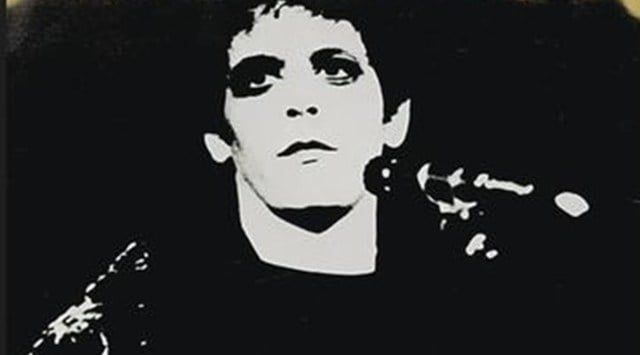📣 For more lifestyle news, click here to join our WhatsApp Channel and also follow us on Instagram
What makes Lou Reed’s Walk on the Wild Side such an iconic song
This anti-culture anthem has influenced generations of free thinkers and artists for over 50 years, with its references to oddballs and misfits
 “Walk on the Wild Side” is a phrase that sex workers would often use while interacting with potential customers back in the day, and their demanding lives becomes the main motif of the song (Source: LouReedVevo/YouTube)
“Walk on the Wild Side” is a phrase that sex workers would often use while interacting with potential customers back in the day, and their demanding lives becomes the main motif of the song (Source: LouReedVevo/YouTube) “Hip-hop has thunderous bass, and so does Beethoven, if you don’t have bass, you’re amputated,” American musician-songwriter Lou Reed said in his last interview with director Farida Khelfa. But Reed’s own life lacked the bass, riddled with complexities of his sexuality, he was detached from everything around him and his songs come from that place.
His 1972 “Walk on the Wild Side” has been one of his most-popular numbers which is an ode to New York City. In this second solo album called “Transformers”, it was Reed’s acoustic that became immortal. Adorned with English musician Herbie Flowers mesmerising portamento bass, the song was a nod to The Big Apple’s underground.
“Walk on the Wild Side” is a phrase that sex workers would often use while interacting with potential customers back in the day, and their demanding lives becomes the main motif of the song. However, the music and the tone are such that one often forgets the deep subtext.
In 2010, the Rolling Stone magazine had ranked it in their 500 greatest songs of all times. The song had brought together some of the biggest artists of the 20th century – including singer David Bowie and his guitarist Mick Ronson. The song would go on to become an anti-culture anthem that would influence generations of free thinkers and artists. The song has stayed in pop culture memory since it first hit play 50 years ago. From Flower’s calming bass and Reed’s “Doo do doo” refrain, and the magnificent sax in the end, intertwined with the unorthodox tale of transpersons, oral sex, and drugs, made it one of the best portrayals of the “declassed” in an art form.
Even as it portrayed the controversial lives of drag queens at American pop art legend Andy Warhol’s studio, Reed embedded his own sexual self-contradictory in the song. As singer-guitarist with rock band Velvet Underground in the ’60s, he had come out as gay but went on to marry three women. The band were pioneers in the indie rock music scene of the 1960s.
Bowie, who produced Transformers, in a 1997 interview for the American Masters film: Lou Reed: Rock and Roll Heart, said, “Dylan (Bob Dylan) has certainly brought a new kind of intelligence to pop songwriting but Reed has even taken it further to avant-garde.” For Bowie, Reed was the “King of New York”.
Reed mentions several members from Warhol’s infamous studio, The Factory, including Holly Woodlawn, Candy Darling, Little Joe (Joe Dallesandro), Sugar Plum Fairy (Joe Campbell), and Jackie Curtis – all of whom have been through the by lanes of prostitution and drugs.
Warhol’s Factory produced various artists and he was especially encouraging towards drag queens and their talents. In the book Warhol’s Queens, the ‘pope of pop’ said, “As late as ’67 drag queens still weren’t accepted in the mainstream freak circles. They were still hanging around where they’d always hung around — on the fringes … sticking to their own circles — outcasts with bad teeth and body odour and cheap make-up and creepy clothes. But then, just like drugs had come into the average person’s life, sexual burs did, too, and people began identifying a little more with drag queens, seeing them more as ‘sexual radicals’ than as depressing losers… That’s how in ’68… people started accepting drag queens – even courting them, inviting them everywhere…”
Reed unabashedly brought sexual revolution into music, opening the gates for modern singers such as Arctic Monkeys, Björk, Carl Barat, David Bowie, Leigh Bowery, Buzzcocks, The Sex Pistols and several others. Just like Reed, the song too, could never make it to the mainstream, yet what he has left behind has inspired many “undergrounds” to explore their inner selves and walk on the wild side.
📣 For more lifestyle news, follow us on Instagram | Twitter | Facebook and don’t miss out on the latest updates!
📣 For more lifestyle news, click here to join our WhatsApp Channel and also follow us on Instagram
Photos



- 01
- 02
- 03
- 04
- 05
























